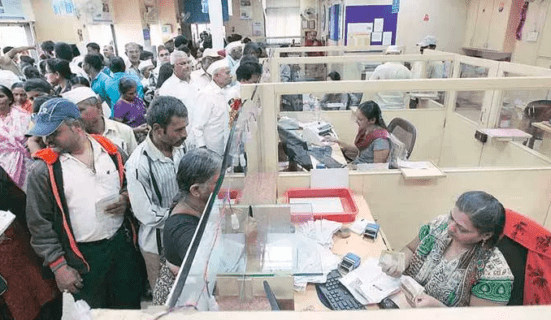
Just remember these 7 hacks and you’ll never fall prey to a UPI scam!
How to save yourself from a GooglePay, PayTM, UPI fraud?
- Never, never, never share your OTP, CVV pin, or any sensitive information with a third party. We know that this has been said enough but a fraudster will approach you in the most creative way and will try to catch you off-guard! Just be subconsciously aware that you should never share your personal details with any party.
- To receive money via UPI, you never have to ‘pay’ first. You don’t have to do anything in fact. Only a sender needs to enter the UPI PIN or CVV number or any such password while initiating a transaction. If you are asked to enter your details in order to receive money- decline the request immediately, disconnect the call, block the user and run as far as you can from the scammer!
- Do not search for customer care numbers on Google. Many times, scammers set up fake websites and display fake contact numbers to entrap a UPI user. The golden rule is- if the official website doesn’t display it, it does not exist! Explore the UPI platform’s official website to understand where to lodge a complaint. If the website doesn’t display a contact number, do not call on a number you find anywhere else on the internet.
- To contact a UPI platform via email, check the website. Figure out if the platform even has an email ID. Some UPI platforms only offer ‘contact us’ or complaint forms on the website. Even if you find an email ID, only send a mail if there’s a verified domain name.
- Do not complain on social media. It may seem like the most convenient way to make yourself heard- but it is the most dangerous. It makes you more vulnerable. Fraudsters create fake social media profiles and ask for personal details when you try to make a complaint. You should only complain to a verified customer support handle- even then, do not share your OTP, CVV or password!
- Always pay attention to the SMSes or emails your bank sends- they might be warning you of a potential unauthorised transaction. If you read the notification and act immediately, your bank will be able to save you from fraud.
- Be careful while shopping online. Check reviews of a website before going in for a purchase. If someone asks for your details or passwords for a cashback or freebie, do not indulge. You must also report fraudulent shopping websites to Google and leave a review against the same.
[sc_fs_multi_faq headline-0=”p” question-0=”How to save yourself from a UPI fraud?” answer-0=”Never, never, never share your OTP, CVV pin, or any sensitive information with a third party. We know that this has been said enough but a fraudster will approach you in the most creative way and will try to catch you off-guard! Just be subconsciously aware that you should never share your personal details with any party.” image-0=”” count=”1″ html=”false” css_class=””]You should never respond to fake helpline numbers or email IDs claiming to be a UPI payment platform. In fact, report such phone numbers or email IDs as soon as you can.
If you think you might have leaked some confidential information during your conversation, contact your bank and change your credentials. You can also request the bank to temporarily block your card.
Have a UPI complaint? Start your case below:
Share this:
Resolver*
Guides, help & tips, delivered twice a month


No Comments